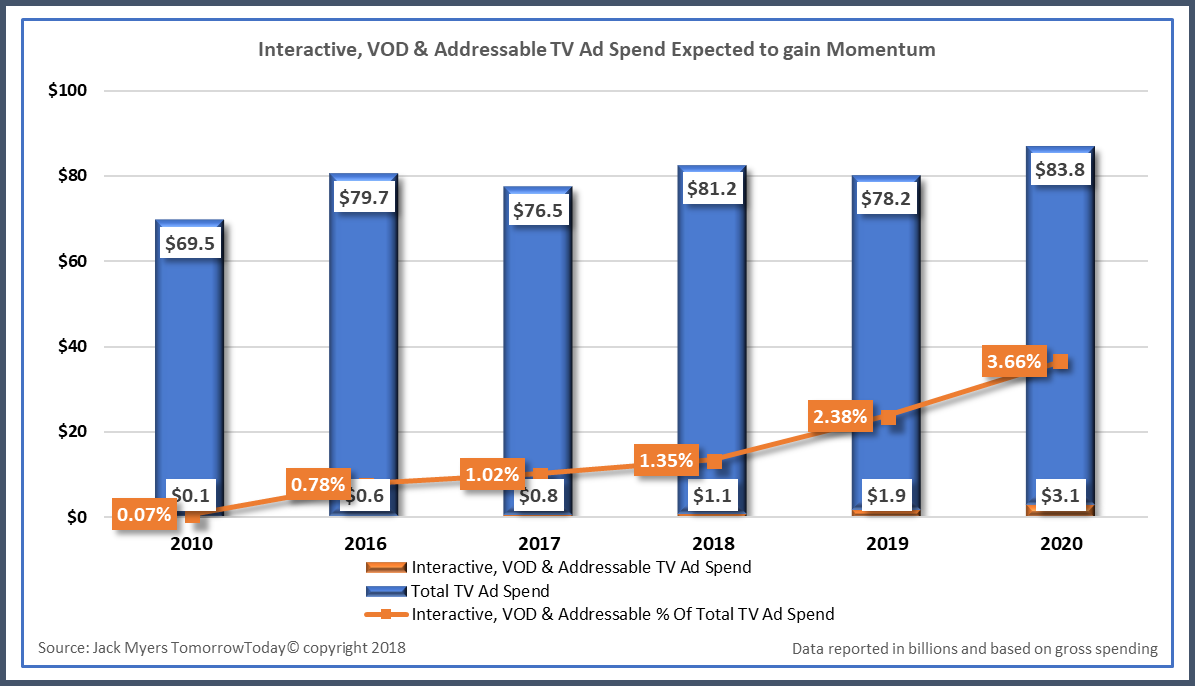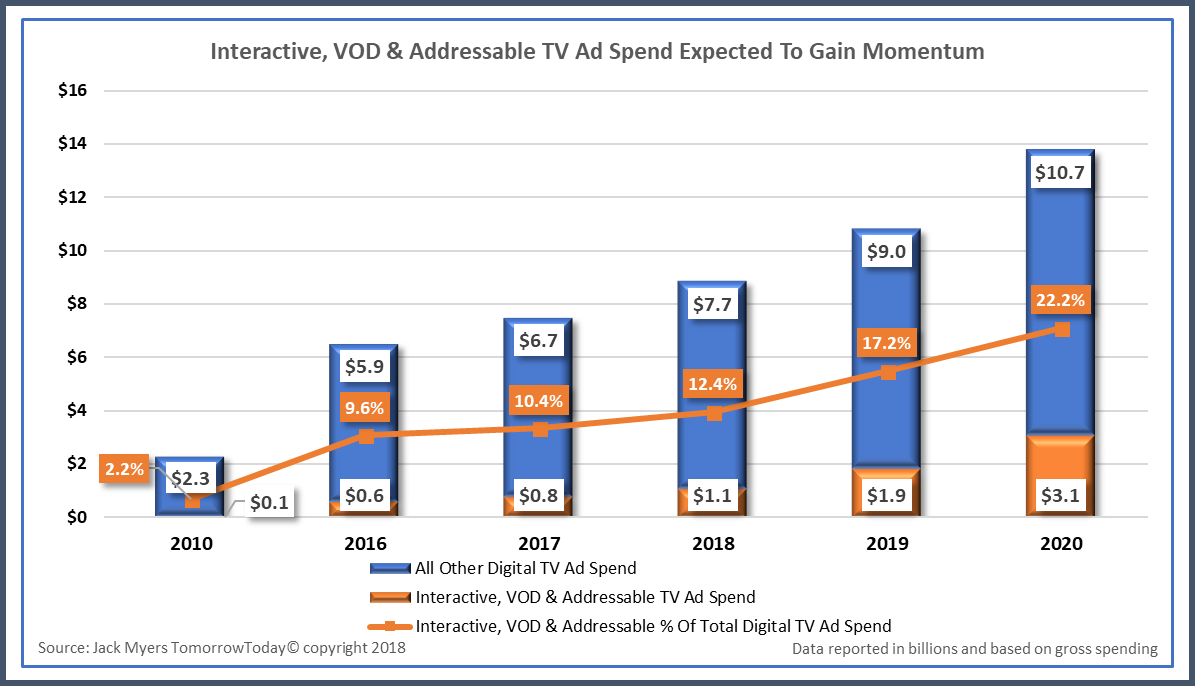
There’s a court fight taking place between BMI and the Radio Music Licensing Committee over the rates your radio stations should be paying to the PRO, and it’s starting to get ugly. Currently, stations pay approximately 1.7% of their revenue. The RMLC wants that rate lowered and BMI wants the radio industry to pay more. Here’s what a BMI court filing made yesterday said about radio.
In the court filing, which you can read HERE, BMI says radio no longer drives music sales. “It is no longer reasonable to maintain the historically depressed rates paid by RMLC stations to BMI. The marketplace is different. Radio broadcasts no longer drive music sales, once a critical revenue source for BMI’s affiliates and a factor long considered a justification for lower rates payable to BMI. Nor are radio station broadcasts confined to the radio — RMLC stations have increased their music use through simulcasts and other digital means of performing BMU-affiliated works.”
The BMI filing went on to say that over the last six years “the market has seen the erosion in the promotional value of radio stations, resulting principally from the decline in overall music sales. Through the adoption of digital streaming and multicasting, there has been explosive growth in the overall use of music by RMLC stations.” BMI says the RMLC can point to no changed circumstances that warrant a reduction in BMI’s rate.
BMI went into even more detail about radio’s promotional value to artists, saying it has declined dramatically. “Affiliates no longer benefit to the same degree from the promotion they receive when their song is played on a terrestrial radio broadcast station. Broadcast radio was the dominant means of listening to music programming for most of the last century. During that time, the radio and music industries enjoyed a symbiotic relationship. Radio stations developed large audiences, introducing them to new artists and songs, and, as a result, music sales increased, in tandem, over many decades. Broadcast radio acted as the dominant promotional tool for music sales — listeners heard and liked one or two lead singles on the radio, and then bought physical copies of albums or singles based on that exposure, resulting in increased mechanical royalties paid to songwriters, composers, and music publishers.”
BMI says there was a time the record industry built its marketing efforts around a promotional model with radio, but that is no longer the case. “Songwriters and composers accepted very modest blanket license rates from broadcast radio stations given that radio play promoted billions of dollars in sales of recorded music, which, in turn, generated substantial royalties for mechanical license rights. Such royalties associated with record sales were a significant revenue source for music composers and publishers. That is no longer the case. Although the overall use and consumption of music in the United States has grown exponentially over the last decade, the migration of consumers to online streaming services has caused album sales to erode, resulting in a dramatic decline in mechanical royalties paid to music composers, songwriters, and publishers. As the Register of Copyrights recently explained in her comprehensive review of the music marketplace, ‘as consumer preferences shift away from music ownership, the potential for sales is becoming less relevant, and the promotional value of radio less apparent.’ For example, in 2017 album sales fell 17.7% year-over-year while on-demand audio streams of single songs grew 58.7% over the same period.”
BMI also accuses the RMLC of strong-arming the PRO, saying its licensing relationship with RMLC stations has long been distorted by the RMLC’s unchecked aggregation of buying power.
“The RMLC, which controls commercial broadcast radio performing rights license negotiations, has long wielded the considerable aggregate market power of nearly the entire radio broadcasting industry to drive fees well below any reasonable measure of their market value. Only recently have certain PROs been able to break the RMLC’s stronghold and negotiate limited deals directly with station owners. Those agreements provide the best, and most recent, measure of the fair market value of performing rights licenses and strongly suggest that BMI’s license rate must be increased to properly account for the true value of BMI’s repertoire to RMLC Stations.”
While BMI did not include the rate it is asking for, a spokesperson did tell Radio Inkthey are asking for a rate higher than the current rate of 1.7% of revenue.
We reached out to RMLC Executive Director Bill Velez for a comment Tuesday but did not hear back.









